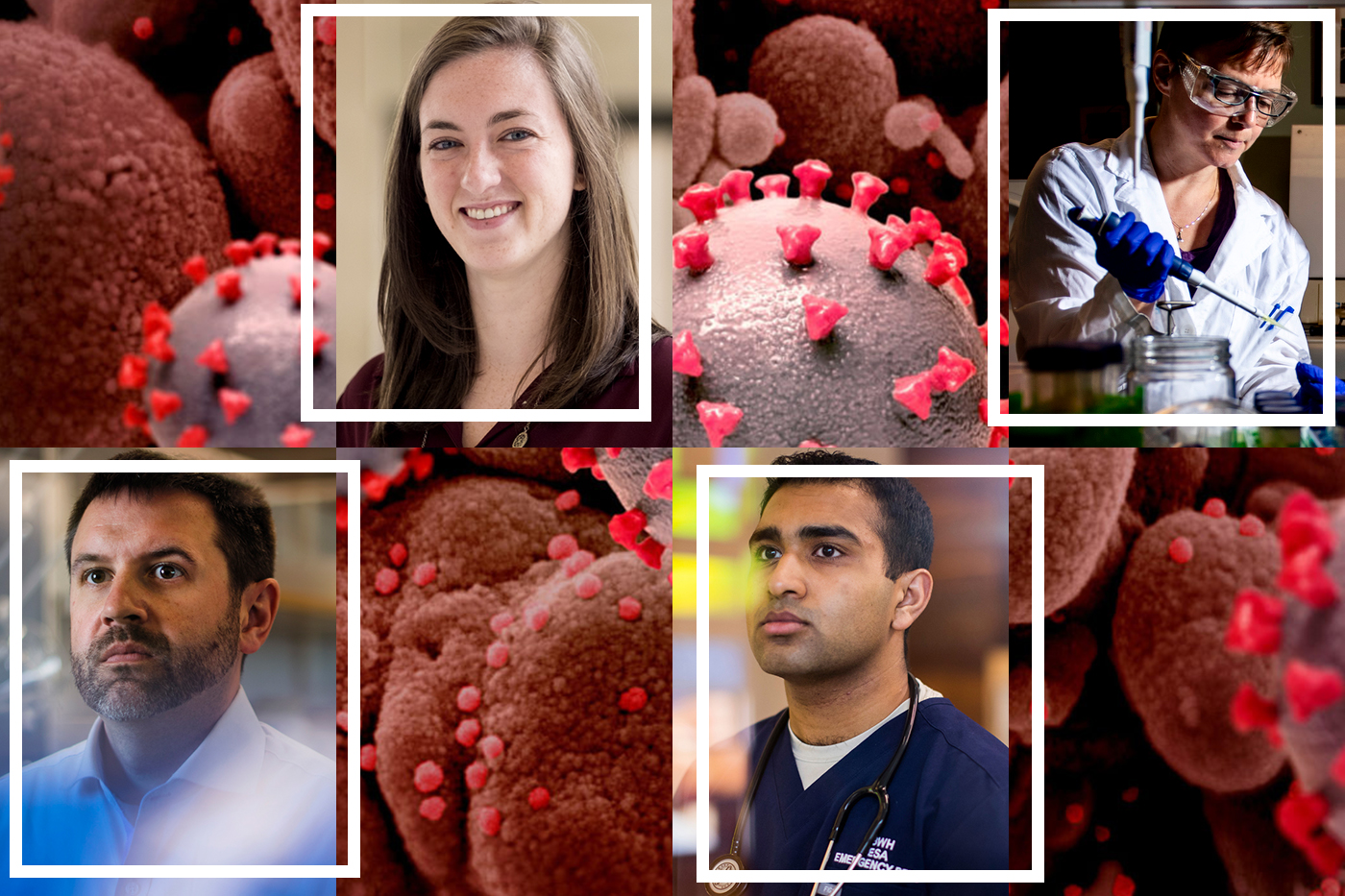When COVID-19 emerged as global threat, it demanded action, and COS heard the call.
Seemingly overnight, a fleet of professors, researchers, technicians, staff, and students mobilized to fight on the front lines of science. Together, and in every discipline of science, they were able to make significant contributions to the collective good, such as: developing epidemic models, serving as advisors to local and national government, studying the virus’ proteins, developing methods for contact tracing, creating the infrastructure for on-campus testing, and more. Even as the pandemic continues, so does their work.
Thanks to News@Northeastern‘s exceptional team of journalists and photographers, we are now able to present a retrospective of the COS communities efforts.
Here’s a look at the first six months of COVID-19 and how COS fought back.
| March 2, 2020
How Can We Stop The Spread Of False Rumors About COVID-19? Better Math.
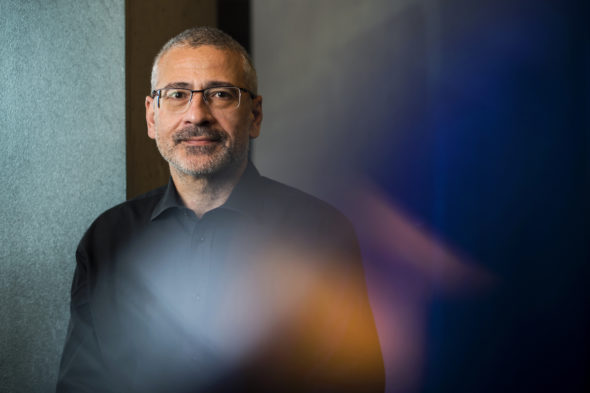
Research from the Network Science Institute uses mathematical equations to track how “social contagions” spread. This data shows how to follow false news and rumors about COVID-19, and why gossip spreads like a disease itself.
Featuring: Jessica Davis (PhD student), Alessandro Vespignani
Topics: Mathematics, Network Science
| March 6, 2020
Closing Borders Can Delay, But Can’t Stop the Spread of COVID-19, New Report Says
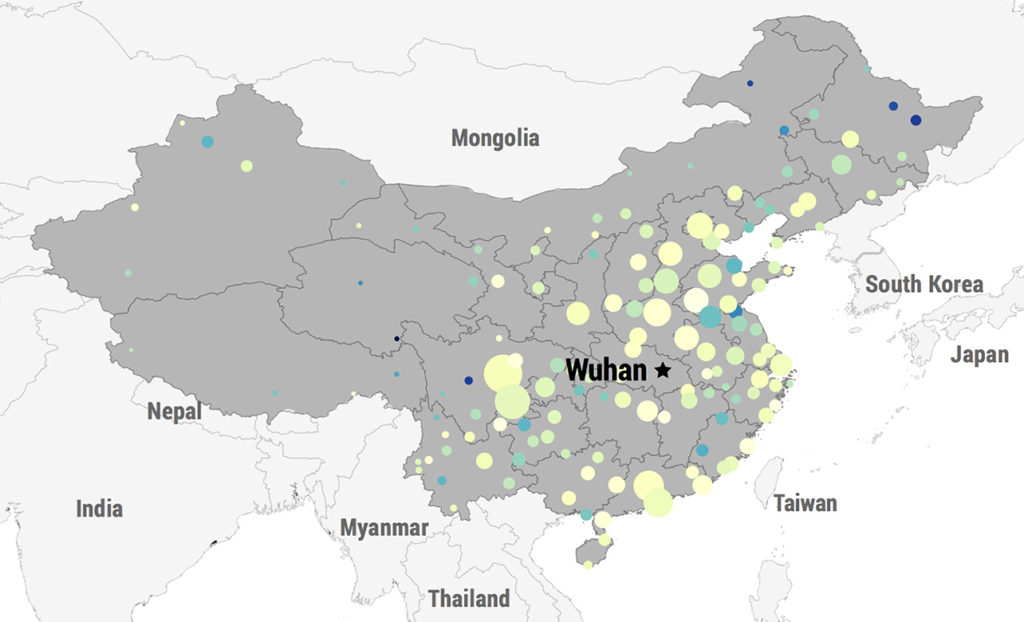
The Network Science Institute published a study showing that closing borders and travel bans might slow the spread of COVID-19, but will not stop the spread. Their study used Wuhan travel bans as an example for America.
Featuring: Jessica Davis (PhD student), Ana Pastore y Piontti, Alessandro Vespignani
Topics: Network Science
| March 20, 2020
Here’s Why Washing Your Hands With Soap for 20 Seconds Protects You From COVID-19
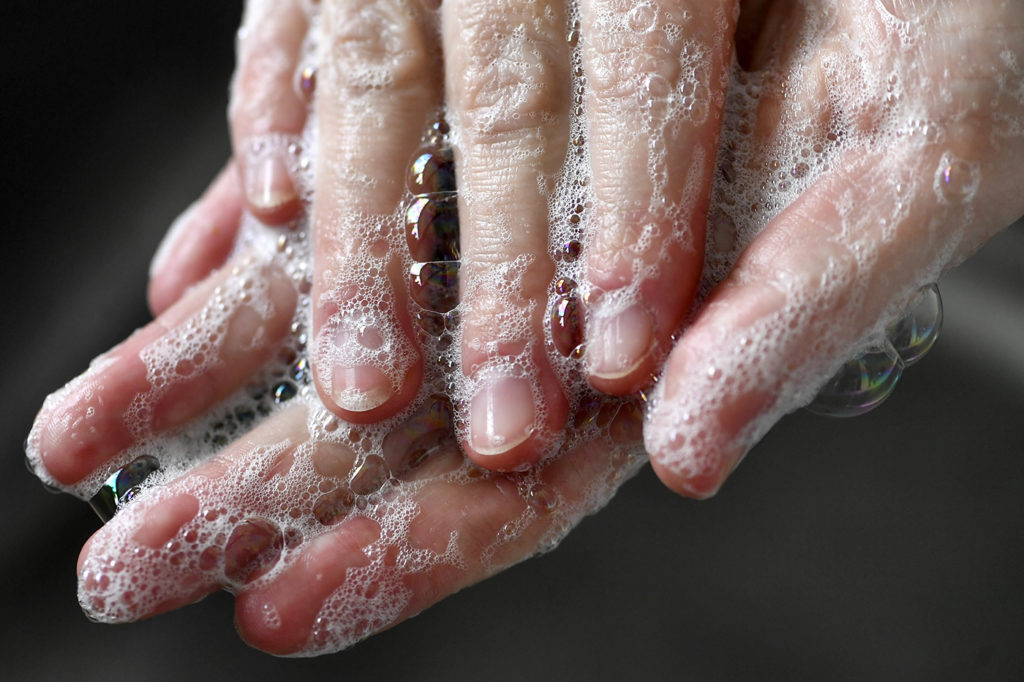
Thomas Gilbert explains the simple chemistry behind washing your hands with soap and why it’s so effective at killing virus’s and bacteria. Further, why the twenty second rule is important, and how soap can fight the lipid casings of bacteria (that plain water can’t dissolve).
Featuring: Thomas Gilbert
Topics: Chemistry and Chemical Biology
| March 27, 2020
He’s Preparing the ER for a Surge of COVID-19 Patients. There’s Nowhere Else He’d Rather Be.
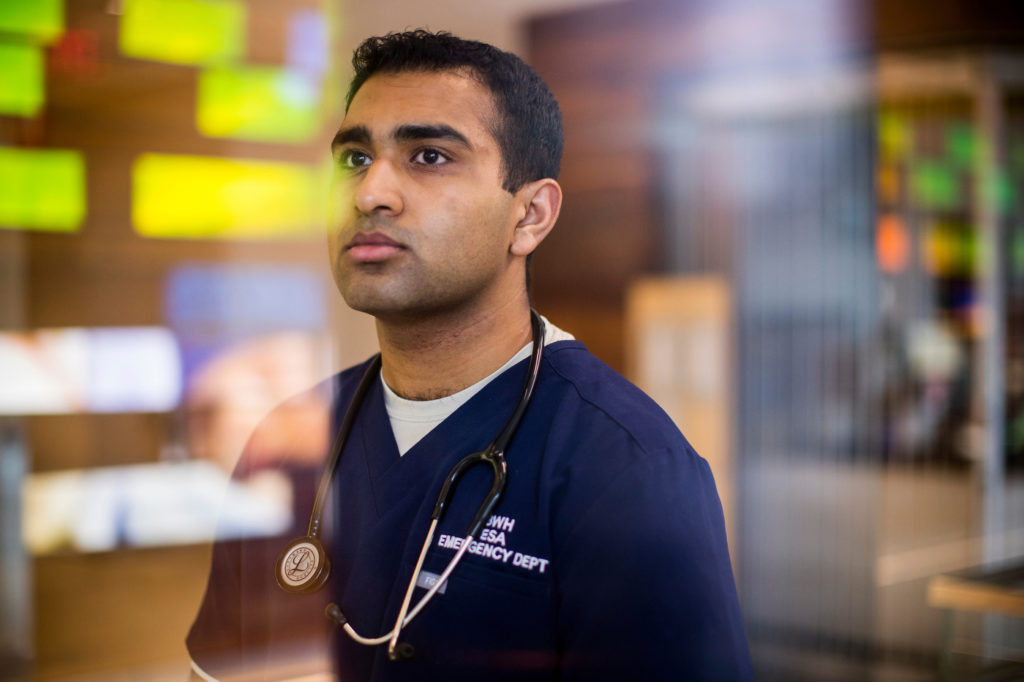
Abhishek Mogili is a Biology co-op student helping prepare hospitals for the incoming onslaught of patients. Acting as an extra set of hands, he helps brace for impact with COVID, a common theme among pre-med co-ops.
Featuring: Abhishek Mogili (Co-op student)
Topics: Biology
| April 1, 2020
Here’s How to Combat the Feat Caused By a Barrage of COVID-19 News
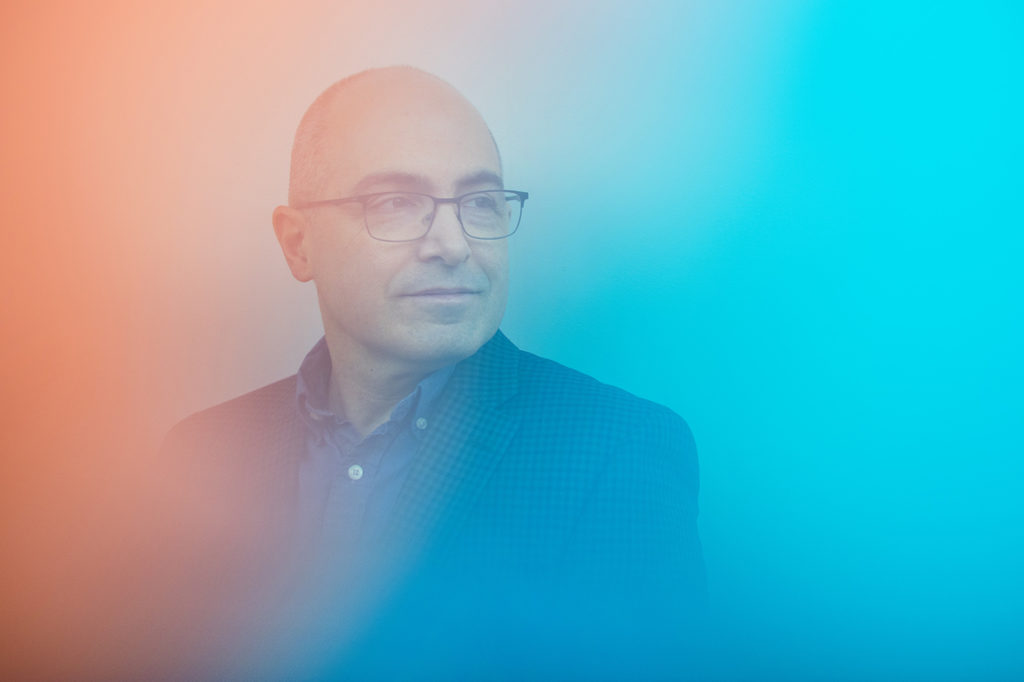
David DeSteno explains how rumors and fear, while useful, can get blown out of proportion. DeSteno goes on to show how this applies to the pandemic, and how to combat our basic instincts.
Featuring: David DeSteno
Topics: Psychology
| May 15, 2020
The Coronavirus Might Have Hidden Weak Spots. Machine Learning Could Help Find Them.
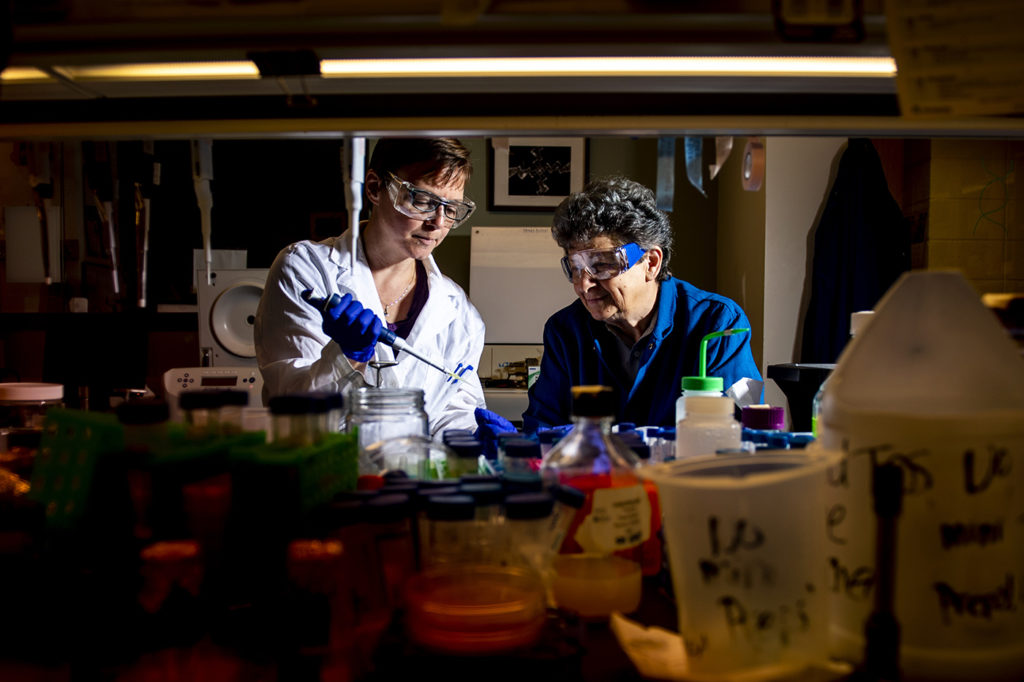
Using machine learning, coupled with their knowledge of the disease’s amino acids, Mary Jo Ondrechen and Penny Beuning locate the weak points of COVID-19, helping create possible vaccines down the line.
Featuring: Penny Beuning, Mary Jo Ondrechen
Topics: Chemistry and Chemical Biology
| June 1, 2020
When My Brothers Table Needed Help, the Marine Science Center Faculty Stepped Up
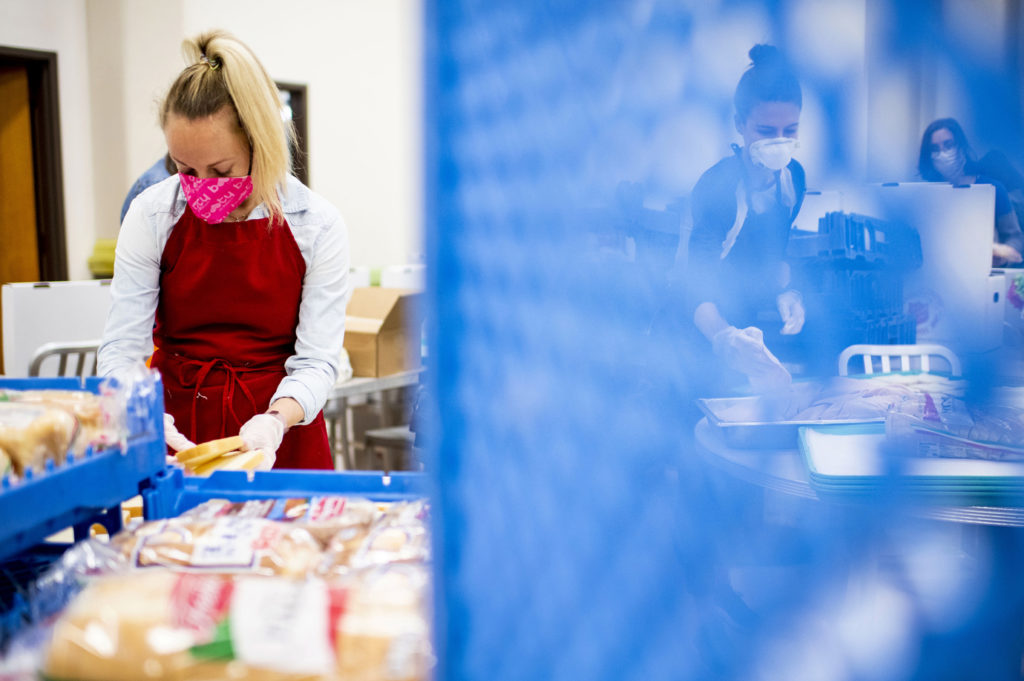
With less volunteers to assist food shelters during the pandemic, the Marine Science Center researchers stepped up, helping to keep meals flowing for those in need.
Featuring: Torrance Hanley, Randall Hughes
Topics: Marine and Environmental Science
| June 3, 2020
COVID-19 Misconceptions Are Hard to Fight. Cognitive Psychology Might Help Spot Why People Get the Coronavirus Wrong.
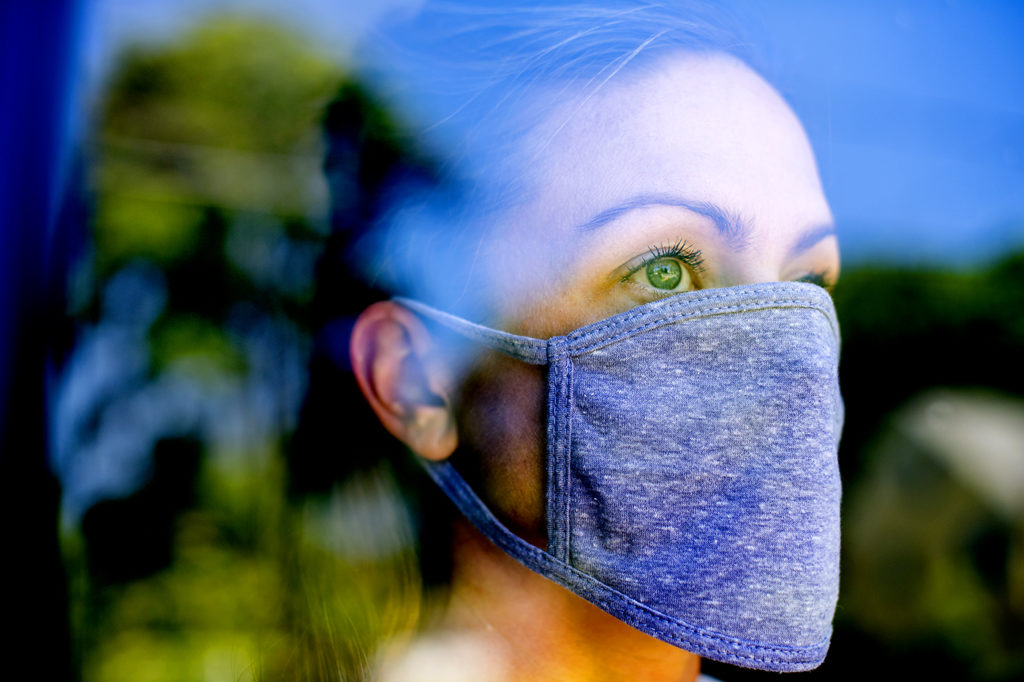
John Coley explains how psychological misconceptions about COVID-19 arise. He goes on to explain how to fight these misconceptions with that same psychology.
Featuring: John Coley
Topics: Psychology
| July 27, 2020
Scientists Still Don’t Have all the Answers About the Coronavirus—and That’s a Sign of Progress
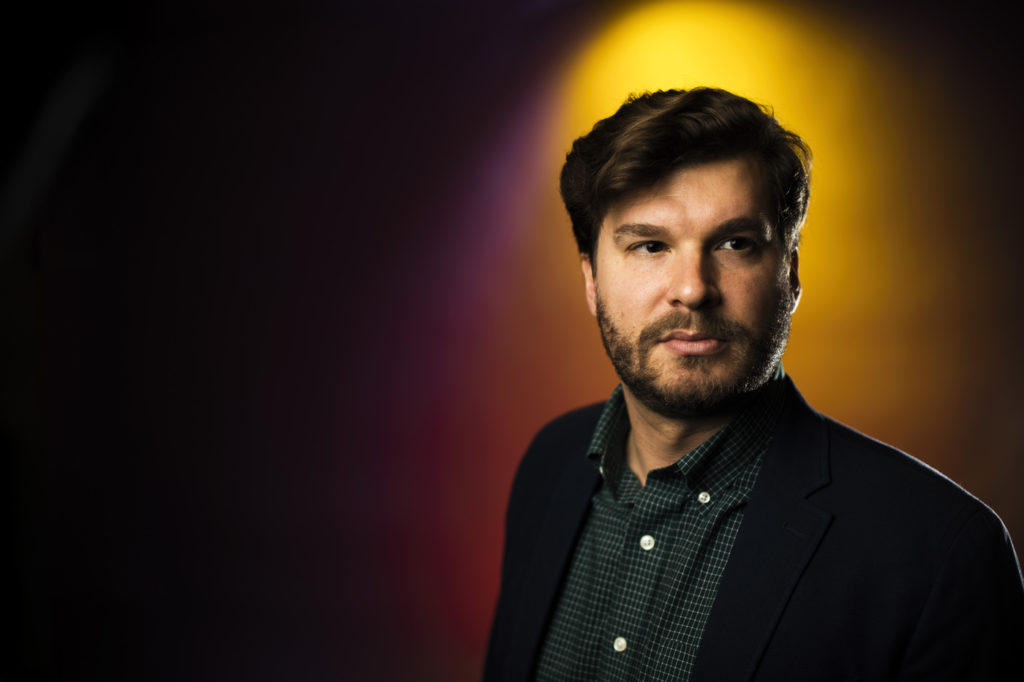
As researchers study SARS-CoV-2 and COVID-19 at breakneck speeds, one key aspect to keep in mind is that the research is happening while everyone watches. “The public is getting front-row seats to the scientific method, probably in a way they never imagined they would’ve experienced,” says Samuel Scarpino, who runs the Emergent Epidemics Lab at Northeastern.
Featuring: Sam Scarpino
Topics: Marine and Environmental Science
| August 5, 2020
Northeastern’s Life Sciences Center is a Cutting Edge Laboratory That Will Process the University’s Coronavirus Tests
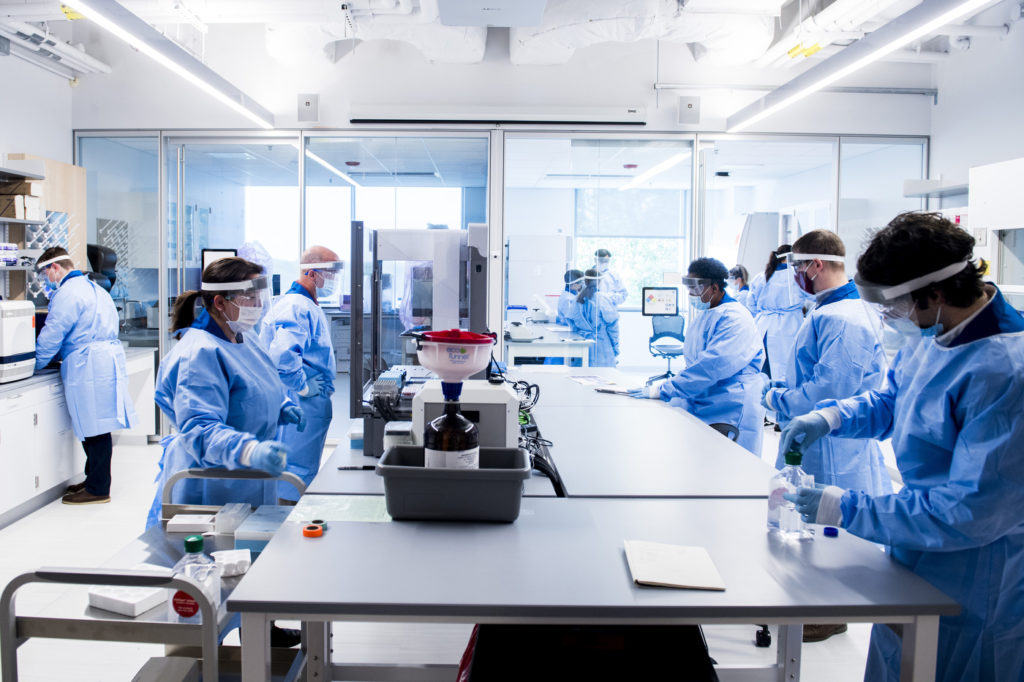
The Northeastern Life Science Center receives permission to process the university’s coronavirus tests. This tremendous project is led by Jared Auclair, who runs the Biopharmaceutical Analysis Training Laboratory.
Featuring: Jared Auclair
Topics: Biotechnology
| August 6, 2020
How to Talk to Others About Healthy Habits Like Face Masks and Distancing
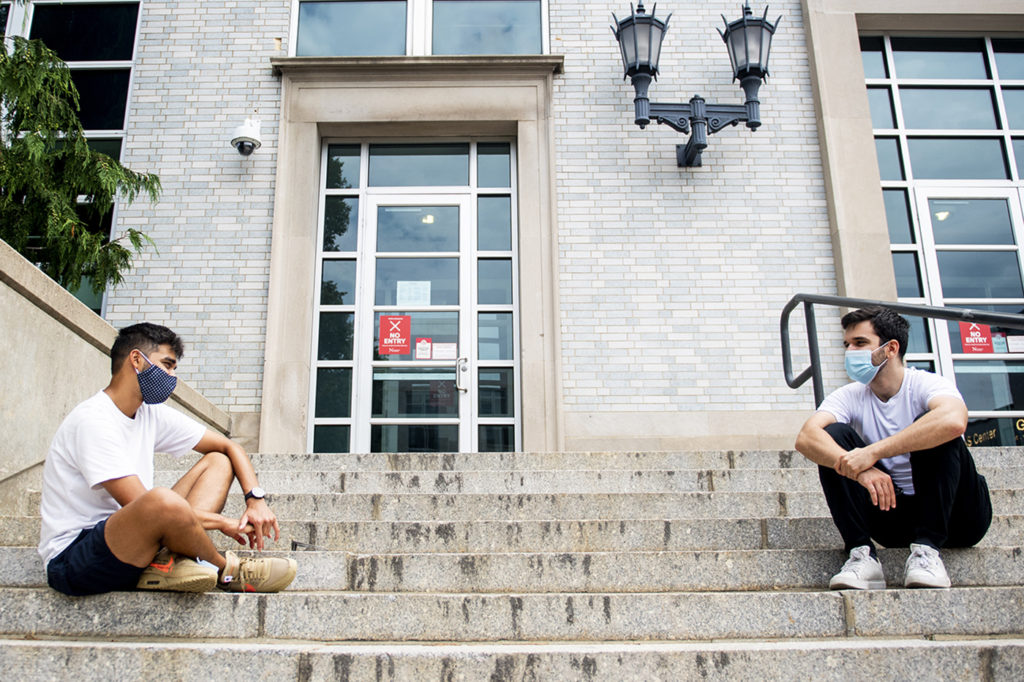
William Sharp discusses the stresses “mask vs no mask” interactions can cause, and shares how to start the important conversations surrounding them.
Featuring: William Sharp
Topics: Psychology
